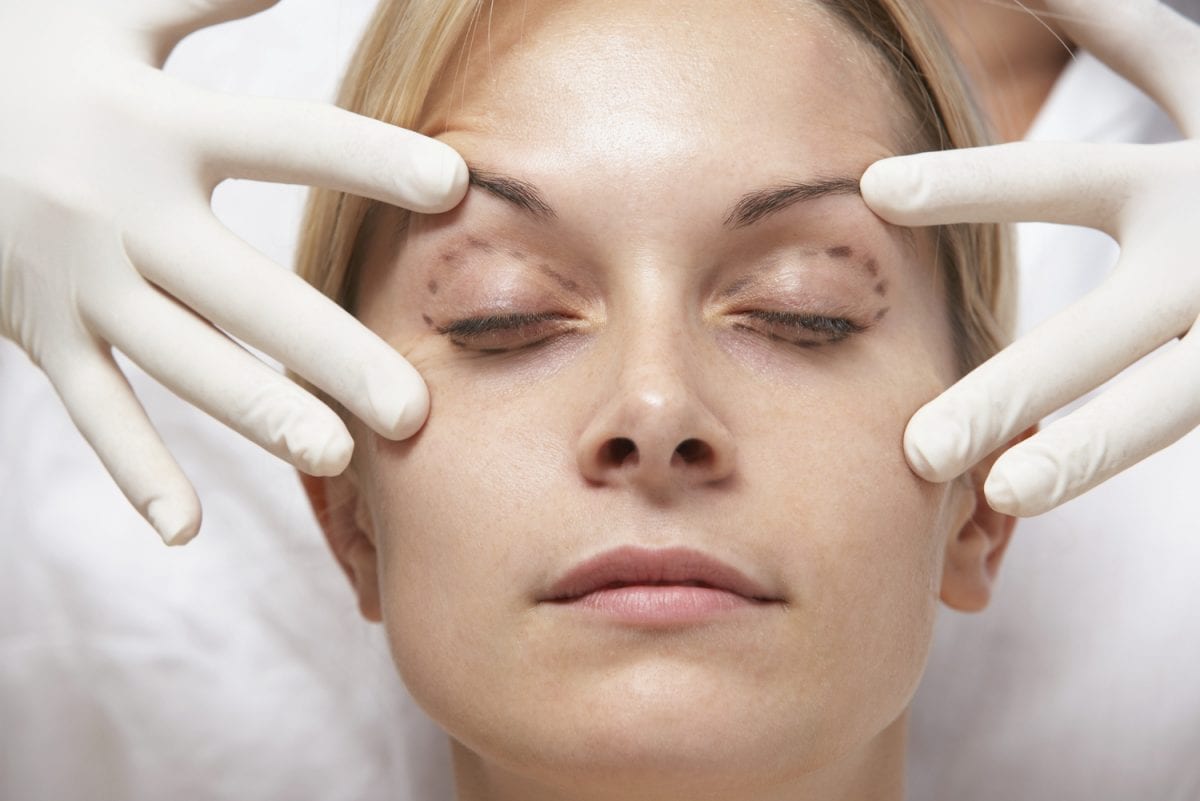Did you know that a patient’s behavior post-operation influences the rate of healing after undergoing blepharoplasty? Well, you may think that all complications are due to an oversight by the surgeon. However, this is not always the case. That’s why surgeons need to discuss postoperative aftercare with the patients for them to play their roles. If you are thinking of getting double eyelid surgery to improve your appearance, then you should book an appointment with Dr. Folk, a board-certified plastic surgeon with years of experience in blepharoplasty in New York.
Getting a double eyelid surgery is not free of risks; however, there are particular instructions patients can follow to promote a speedy recovery process. Keep reading to see the most common postoperative complications and how to prevent and manage them.
Bruising
This is more of a side effect because every patient will experience bruising immediately after surgery. The only difference is that some last longer, which is where the complication comes in.
Prevention and Management
The patient should place ice water presses for 72 hours and ensure that their head is elevated at all times. Note that patients should only use ice water because it is more lightweight than ice cubes, which can damage the tissues.
Bleeding
Bleeding into the eye socket often occurs if there was fat removal during the surgery or if the patient carries out strenuous activities, fails to keep their head elevated, or when they sneeze or cough. If the bleeding is severe, then the patient might undergo a blood transfusion or undergo a second surgery.
Prevention and Management
Mild bleeding can be managed through relaxation, head elevation, and avoid taking any medication unless prescribed by the surgeon. Aspirin can lead to excess bleeding. Avoid herbal products such as ginseng and ginkgo, which contain high doses of vitamin E, causing severe bleeding.
Swelling
It’s not unusual to experience swelling around the slit area; however, the incision size influences its severity. The eyelids may completely get shut but improve after 72 hours.
Prevention and Management
If you experience swelling after surgery, first, you must limit your salt intake. Avoid processed foods as much as you can because excess salt retains body fluid, which worsens the bleeding. Regular ice pack compress for the first two days after surgery also reduces swelling.
Secondly, patients who undergo laser resurfacing should apply Vaseline to protect the surrounding areas of the incision for the first six days after surgery.
Pain
Most patients experience a bit of pain and discomfort after surgery, which should decrease after two days.
Prevention and Management
Tylenol is the most recommended drug for mild pain. Do not take ibuprofen because it leads to severe bruising and swelling. Your doctor will prescribe narcotic medication if you happen to experience severe pain.
You must avoid strenuous activities, avoid driving or operating machinery until your vision improves, and once you have stopped the narcotic medication. Avoid alcohol as well because it would react with the medication. If the pain persists, then you should call your doctor immediately.
Finally, consuming the right foods is crucial for quick healing. You should only eat soft foods, raw fruits, and regularly take clear liquids to prevent dehydration. Remember that every case is different, that’s why you should only take advice from your doctor. Dr. Folk and his team from Park Avenue, New York, offer their patients high customized blepharoplasties and postoperative guidance to ensure clients’ satisfaction.








